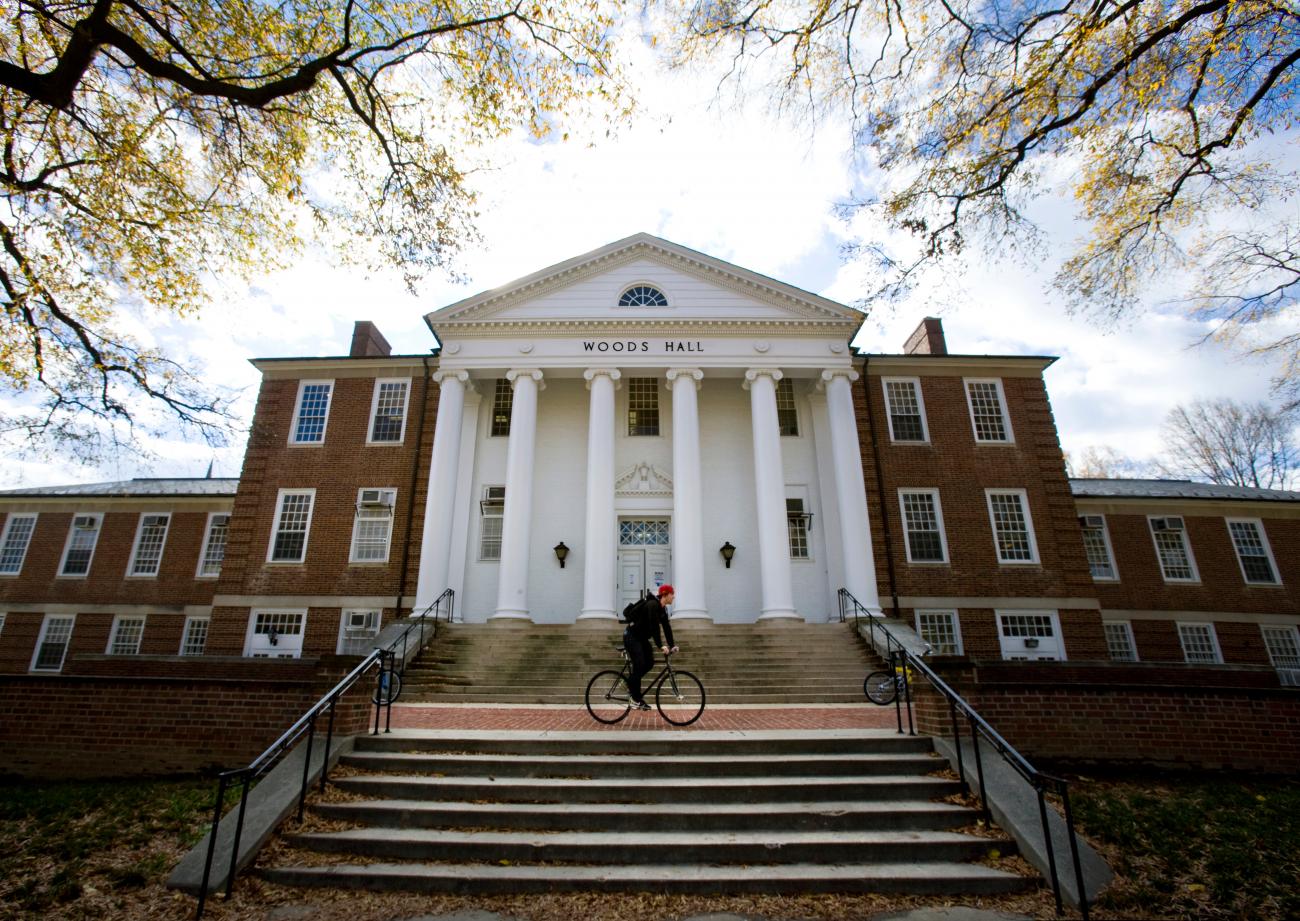This research examines how political and legal notions of entitlement become understood and reconstituted within a moral economy that constructs some immigrants on Maryland’s Eastern Shore as deserving of health care and others as not. It is driven by three primary concerns: (1) to investigate the relations between legal and political concepts of rights and moral assessments of health-related deservingness; (2) to understand how health-related deservingness interacts with prevailing ideas of inclusion and exclusion to impact immigrants, particularly those who are undocumented; and (3) to examine the epidemiological and phenomenological implications of undocumented immigrant health. Using structured ethnographic methods, this research will address these concerns, and thereby untangle the complex relationship between universalizing arguments about health as a basic human right and context-specific moral arguments about health-related deservingness by focusing on immigrants and the context of health care in the rural and fairly isolated Eastern Shore region of Maryland.



